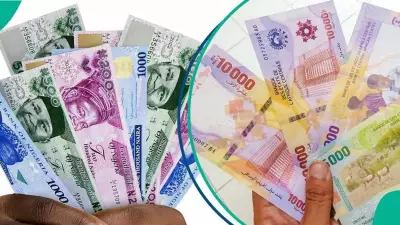
The Federal Government has dropped a bombshell revelation that threatens to further cripple Nigeria's already struggling power sector. According to official data, a staggering 68% of electricity consumers across the country are actively bypassing their prepaid meters in what amounts to massive-scale energy theft.
The Scale of the Crisis
This alarming statistic represents more than two-thirds of all electricity users nationwide who are finding illegal ways to avoid paying for the power they consume. The systematic bypassing of meters has created a devastating financial hole in the sector's revenue stream, with billions of naira lost annually.
Impact on Power Distribution
The widespread meter bypassing is having a catastrophic effect on the entire electricity value chain. Distribution companies are struggling to recover costs, generation companies face payment delays, and legitimate consumers end up subsidizing these illegal activities through higher tariffs and poorer services.
Why This Matters for Every Nigerian
This isn't just a problem for government and power companies—it affects every electricity consumer in Nigeria. The revenue losses mean:
- Reduced investment in infrastructure maintenance
- Slower response to power outages
- Higher electricity tariffs for honest customers
- Continued unreliable power supply nationwide
Government's Response
The Federal Government has expressed deep concern over the findings, recognizing that this level of electricity theft undermines all efforts to stabilize and improve the power sector. Authorities are now considering tougher measures to combat this epidemic of meter bypassing.
The Way Forward
Experts suggest that addressing this crisis requires a multi-faceted approach including public awareness campaigns about the consequences of electricity theft, technological solutions to make meters more tamper-proof, and stricter enforcement of penalties for those caught bypassing meters.
The revelation of 68% meter bypassing rate serves as a wake-up call about the deep-rooted challenges facing Nigeria's power sector and the urgent need for collective responsibility in building a sustainable electricity system.






